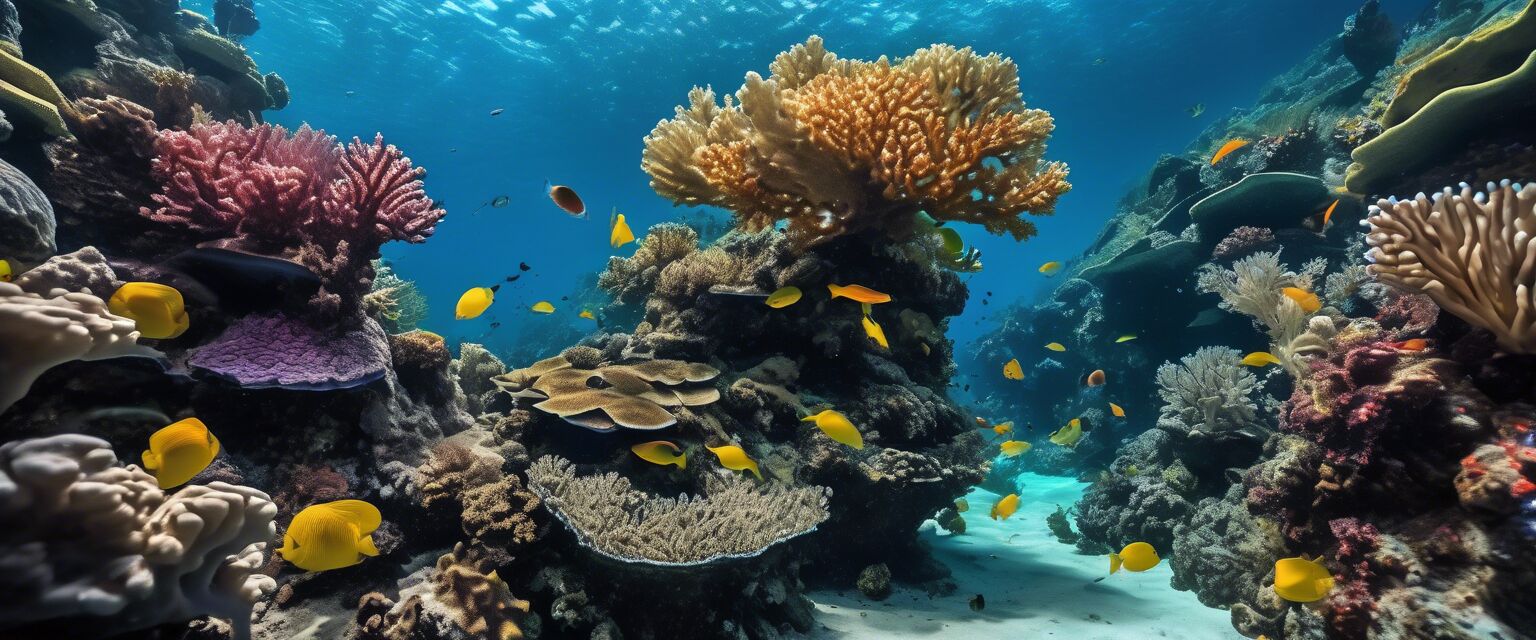
The Best Filters for Enhancing Underwater Colors
Key takeaways
- Filters can significantly enhance color quality in underwater photography.
- Choosing the right filter depends on the specific underwater environment.
- Popular filter types include red, magenta, and polarizing filters.
- Filters can improve contrast and reduce backscatter in images.
- Compatible with various camera types for maximum versatility.
Capturing stunning underwater images involves more than just high-quality camera gear; the right filters also play a crucial role in enhancing color and clarity. Filters can mitigate the effects of light absorption, helping to bring out the vibrant hues of marine life and scenery that are often lost underwater. In this article, we will analyze the top color filters available for underwater photography, discussing their effects on image quality and assisting you in making informed choices.
Understanding underwater color loss
As you dive deeper, the water begins to absorb natural light, causing a shift in color balance. Red wavelengths disappear first, followed by orange and yellow, leaving blues and greens to dominate your underwater scenes. This can often result in dull, lifeless images. To counteract this, many underwater photographers opt for color filters, specifically designed to restore the natural vibrancy of underwater scenes.
Types of color filters
1. Red filters
Red filters are the go-to choice for divers working in blue waters (typically deeper than 15 feet). They work by enhancing the red spectrum of light, making marine colors appear more vivid.
2. Magenta filters
When diving in green waters or murky conditions, magenta filters help restore color balance by compensating for the green tones present in the water. They can produce dramatic enhancements to the overall image quality.
3. Polarizing filters
Polarizing filters not only enhance colors but also help reduce reflections and glare from the water surface. This can be particularly useful for capturing stunning wildlife shots without unwanted distractions.
Benefits of using filters
| Filter Type | Best Used In | Main Benefit |
|---|---|---|
| Red Filters | Blue water (greater than 15 ft) | Enhances reds and oranges |
| Magenta Filters | Green water or murky conditions | Restores color balance |
| Polarizing Filters | Any underwater environment | Reduces glare and increases clarity |
Choosing the right filter
To select the best filter for your underwater photography, consider:
- Depth of water: The deeper you dive, the more crucial it is to utilize a color filter.
- Water clarity: Clear waters benefit from red filters, while murky waters may require magenta filters.
- Subjects being photographed: Different marine life and scenes may require adjustments in filter selection.
- Camera compatibility: Ensure that your chosen filter fits securely onto your underwater housing.
Care tips for underwater filters
Maintain the integrity and clarity of your filters with the following care tips:
- Rinse your filters with freshwater after each dive to remove salt and debris.
- Use a soft microfiber cloth to gently clean any smudges.
- Store filters in a protective case to avoid scratches.
- Avoid exposing filters to extreme temperatures that may affect their performance.
Pros and cons of using filters
Pros
- Enhances color saturation and vibrancy.
- Improves contrast in images.
- Reduces backscatter effects.
- Variety of filters available for different underwater conditions.
Cons
- Filters can be expensive.
- May require additional filters for varying depths.
- Switching filters can take time and may interrupt the shoot.
Frequently asked questions
How do I know which filter to use?
Your choice of filter should depend on your diving location and the conditions of the water. Generally, red filters work well in clear blue waters, while magenta filters are effective in green or murky waters.
Can I use filters with any camera?
While most filters are designed to be compatible with a range of underwater camera setups, double-check the specifications to ensure they fit your camera housing.
Do filters affect image quality in bright conditions?
Yes, filters can improve image quality in bright conditions by reducing glare. Polarizing filters are particularly helpful in such situations.
Ready to elevate your underwater photography? Consider exploring some of our additional resources on Diving Equipment, Lenses for Underwater Photography, or Tips and Techniques to perfect your gear and skills.

